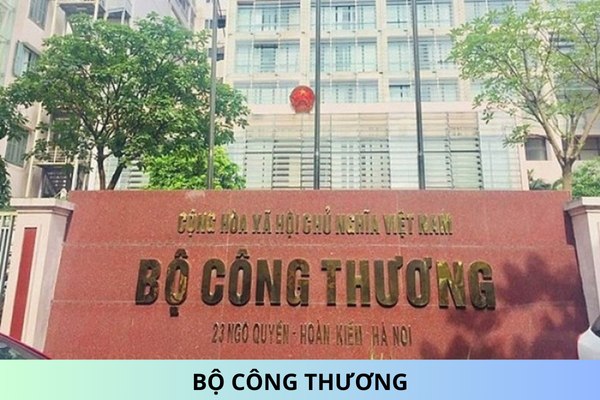What is the significance of November 22? What is the lunar date of November 22, 2024?
What is the significance of November 22? What is the lunar date of November 22, 2024?
On November 21, 2022, the Prime Minister of the Government of Vietnam issued Decision 1447/QD-TTg in 2022 designating November 22 each year as "The Traditional Day of An Giang Province."
According to the book "Dai Nam Thuc Luc," recorded 190 years ago, on October 1 of the Year of the Dragon (1832), the 13th year of Minh Menh's reign, during a royal court session, after listening to the Ministry of Personnel's presentation, King Minh Menh decreed the abolition of Gia Dinh Citadel and the conversion of "five districts" into "six provinces." At the same time, King Minh Menh decided to establish 12 provinces from Quang Nam to Ha Tien, including An Giang Province.
According to the perpetual calendar, October 1 of the Year of the Dragon corresponds to November 22, 1832, in the Gregorian calendar. From a scientific and practical basis, it can be affirmed that An Giang Province was established by King Minh Menh on November 22, 1832.
Through its formation and development, An Giang has become a locality with a rich and diverse culture. It is the birthplace of many indigenous religions and houses many ethnic minority communities living harmoniously together.
Thus, November 22 each year is the traditional day of An Giang Province. According to the perpetual calendar, November 22, 2024, is October 22, 2024, in the lunar calendar.

What is the significance of November 22? What is the lunar date of November 22, 2024? (Image from the Internet)
What are the duties and powers of the local government in a province in Vietnam?
Based on Article 17 of the Law on the Organization of Local Government 2015, the duties and powers of the local government in a province are as follows:
- Organize and ensure the implementation of the Constitution and laws within the province.
- Decide on provincial matters within the limits of authority and decentralization as stipulated by this Law and other relevant legal regulations.
- Perform duties and exercise powers as authorized by central state administrative bodies.
- Inspect and supervise the organization and operation of local governments in administrative units within the province.
- Be accountable to the higher-level state body for the results of performing the duties and powers of the local government in the province.
- Coordinate with central state agencies and other localities to promote regional economic linkages, implement regional planning, and ensure the unity of the national economy.
- Decide and organize the implementation of measures to promote the people's democratic rights, mobilize social resources to build and develop the socio-economic, national defense, and security of the province.
What are principles of the allocation of authority of the local government in Vietnam?
Based on Article 11 of the Law on the Organization of Local Government 2015 (amended by Clause 4, Article 2 of the Law on the Organization of Government and the Law on the Organization of Local Government (Amendment) 2019), the allocation of authority of the local government is regulated as follows:
Article 11. Allocation of Authority of Local Government
- The duties and powers of local governments at various levels are determined based on the differentiation of authority between central and local state bodies and for each level of local government in the form of decentralization and delegation.
- The allocation of authority is based on the following principles:
a) Ensure unified state management of institutions, policies, strategies, and planning for sectors and fields; ensure the consistency and smoothness of the national administrative system;
b) Promote the autonomy and self-responsibility of local governments in administrative units in performing state management tasks within the scope of legal regulations;
[...]
According to the above regulations, the allocation of authority of local governments is based on the following principles:
- Ensure unified state management of institutions, policies, strategies, and planning for sectors and fields; ensure the consistency and smoothness of the national administrative system.
- Promote the autonomy and self-responsibility of local governments in administrative units in performing state management tasks within the scope of legal regulations.
- Closely combine sector-based management with territorial management, and clearly delineate state management tasks between different levels of local government concerning socioeconomic activities in the territory.
- The allocation of authority must be suitable to the conditions, characteristics of rural, urban, island areas, and the specificities of sectors and fields.
- Issues involving two or more commune-level administrative units fall under the jurisdiction of district-level local governments; issues involving two or more district-level administrative units fall under the jurisdiction of provincial-level local governments; issues involving two or more provincial-level administrative units fall under the jurisdiction of central state agencies, unless otherwise specified by law, resolutions of the National Assembly, ordinances, resolutions of the Standing Committee of the National Assembly, or decrees of the Government of Vietnam.
- The decentralization and delegation to local governments must ensure financial conditions, human resources, and other necessary conditions; combine decentralization and delegation with mechanisms for inspection and examination when implementing decentralization and delegation. Local governments perform the duties and powers that have been decentralized and delegated and are responsible within the scope of their decentralization and delegation.










